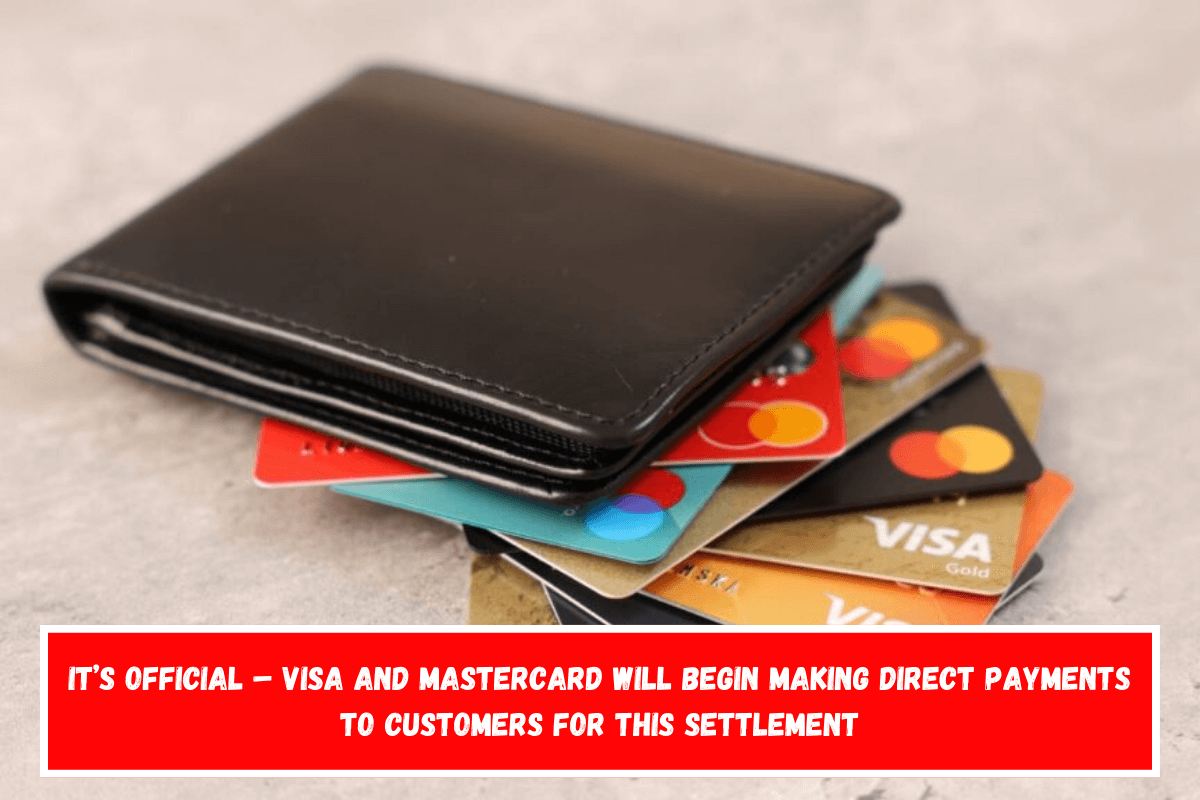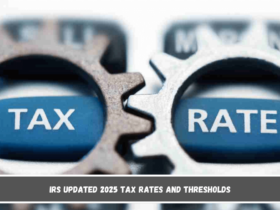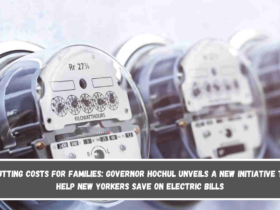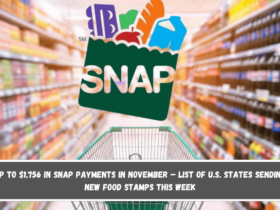One of the most frustrating aspects of dealing with banks is the fees that appear to be added to every transaction. Withdrawing money from an ATM appears to be one of the easiest methods to accumulate a large number of them, especially if the ATM is not affiliated with your bank.
However, while it is a frequent occurrence that most people have learnt to accept and deal with, there are rare instances where costs are exorbitant and unjustified. This is what was discovered in a major case involving Visa, Mastercard, and some of the country’s top institutions.
Customers around the country are severely constrained in their options for where and when to acquire cash or conduct some of the common operations that require a bank, such as check cashing. Most transactions can now be performed by any bank’s ATM due to agreements in place, however this comes with an additional cost and fee.
This is what the Department of Justice (DoJ) began examining. Visa, Mastercard, and banks such as JPMorgan Chase, Wells Fargo, and Bank of America have been accused of manipulating and inflating ATM fees in order to increase their profits unfairly.
They are also suspected of colluding to keep the fees artificially high in order to increase the profit margin in these transactions even further, limiting fair market competition and harming consumers.
The Department of Justice launched the inquiry in response to a class action complaint filed by customers who were overcharged fees between October 1st, 2007 and July 26th, 2024. In the lawsuit, the affected persons claim that the actions were predatory and that the institutions are liable for any economic damages customers may have experienced as a result of the inflated costs.
Visa CEO Ryan McInerney does not feel the DoJ has a case: “We believe the lawsuit is meritless and demonstrates a clear lack of understanding of the payment ecosystem in the United States.” We will actively defend ourselves and are confident in our abilities to demonstrate that Visa competes for every transaction in a dynamic debit market that is expanding and attracting new entrants.”
Despite his impassioned protests, JP Morgan Chase, Wells Fargo, and Bank of America have already agreed to settlements totaling $67 million to address their liability in the case, and the two credit card firms are now reaching an agreement to conclude the matter. Visa will give $104.675 million, while MasterCard will contribute $92.825 million, for a total settlement amount of $197.5 million.

The reasons why the Visa and Mastercard settlement is one for the history books
This settlement is a victory for consumers who were forced to pay excessive penalties for using ATMs that did not correspond to their banks; however, in areas without branches or ATMs of their respective financial institutions, they have no recourse and are subject to predatory fees.
This is more harmful in bank desert areas since the options are considerably more limited, and there is no way to discover a better option, which falls into monopolistic zone.
Antitrust rules designed to protect customers from monopolies may be at play here, and the case could be used to force banks to reduce costs in these underdeveloped areas. The action could also serve as a precedent to prevent these activities from spreading to other sectors and causing further harm to customers, thereby influencing changes in payment legislation.
Consumers who believe they have been unfairly affected by the high costs have until November 22nd, 2024, to file a petition for compensation, along with any supporting documentation. This will allow you to get the portion of the allocated cash that is applicable to your specific instance.











Leave a Reply